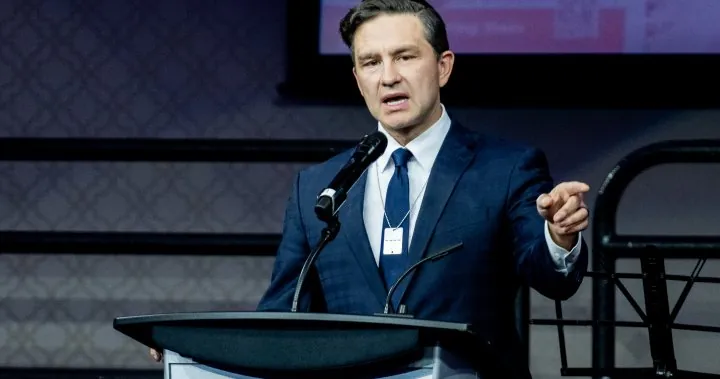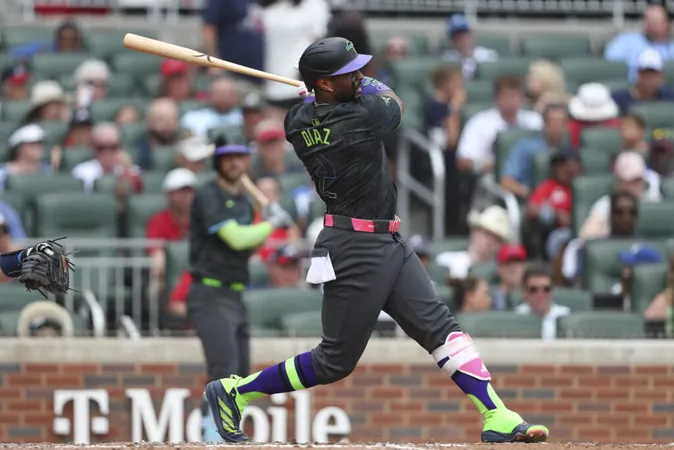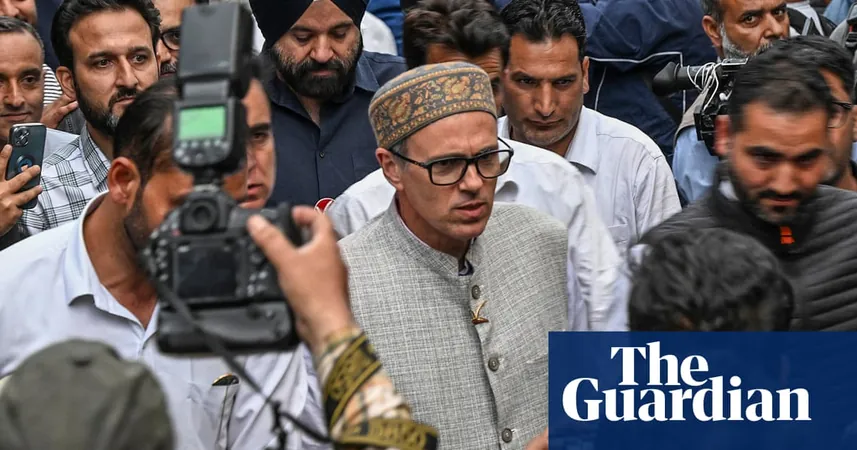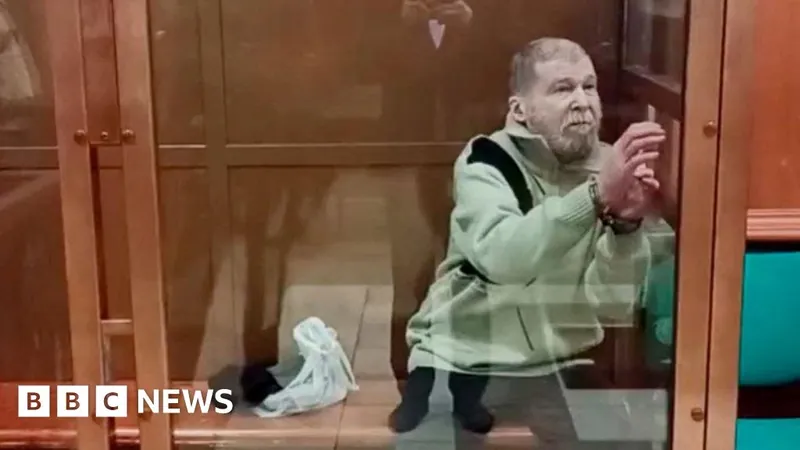
Pierre Poilievre Advocates for Pre-emptive Israeli Strikes on Iran: A Controversial Move for Global Security?
2024-10-08
Author: Olivia
Pierre Poilievre's Controversial Stance
Conservative Leader Pierre Poilievre has sparked controversy by advocating for Israel to launch pre-emptive strikes on Iran's nuclear facilities, branding such an action as a 'gift to humanity.' This provocative statement was made during a commemoration event in Ottawa marking the one-year anniversary of Hamas's devastating attack on Israel on October 7, 2023. The tensions in the Middle East soared recently, particularly after Iran, a key supporter of Hamas and other militant groups, launched ballistic missiles aimed at Israel.
Reactions from Global Leaders
Despite cautious remarks from U.S. President Joe Biden and other global leaders, who warn against the potential escalation of conflict that could arise from targeting Iran's nuclear sites, Poilievre remains steadfast in his position. He echoed his belief that a strike could prevent Iran from advancing its nuclear weapons capabilities, describing the Iranian regime as a genocidal and theocratic entity fundamentally opposed to peace.
Poilievre's Justification for Military Action
'Allowing such a regime to develop nuclear weapons represents one of the gravest threats the world could face,' Poilievre stated emphatically. His stance draws from a long-standing framework of blaming Iran for various conflicts in the region, specifically citing its role in undermining peace talks between Israel and Saudi Arabia.
Support for Israel's Right to Self-Defense
In a strong show of support for Israel, Poilievre declared that Canada must back Israel’s right to self-defense, suggesting that proactive measures could include attacking not only Iranian nuclear facilities but also targeting oil installations to financially cripple the Iranian regime. He acknowledged the complex dynamics within Iran, covered by a fatwa from Supreme Leader Ayatollah Ali Khamenei that officially prohibits the development and use of nuclear weapons, although concerns linger about Iran's nuclear ambitions following the U.S.'s withdrawal from the nuclear agreement in 2018.
U.S. Response and Broader Implications
Vice President Kamala Harris, while affirming the U.S. commitment to thwarting Iranian nuclear ambitions, highlighted it as one of her administration's top priorities. The situation is delicate, with prominent figures like former President Donald Trump also calling for aggressive action against Iran's nuclear program, further complicating the dialogue between the U.S. and Israel.
Israeli Officials' Perspective
While some Israeli officials speculate that Israel might not directly target Iran's nuclear sites due to their fortified nature, they concede that alternate military targets could effectively degrade Iran's military capabilities.
Canada's Approach
As tensions mount following Iran's missile attack on Israel, Canadian Prime Minister Justin Trudeau has expressed a desire to de-escalate potential conflict, prioritizing diplomatic solutions. However, as Poilievre’s comments resonate, the debate over whether military action is justified continues to dominate discussions on global security and the Middle East conflict.
Looking Ahead
As the international community watches closely, the implications of Poilievre's comments raise critical questions: Will Israel act on this advice? And if so, what will be the ramifications for regional and global stability? Stay tuned as this unfolding situation continues to develop.









 Brasil (PT)
Brasil (PT)
 Canada (EN)
Canada (EN)
 Chile (ES)
Chile (ES)
 España (ES)
España (ES)
 France (FR)
France (FR)
 Hong Kong (EN)
Hong Kong (EN)
 Italia (IT)
Italia (IT)
 日本 (JA)
日本 (JA)
 Magyarország (HU)
Magyarország (HU)
 Norge (NO)
Norge (NO)
 Polska (PL)
Polska (PL)
 Schweiz (DE)
Schweiz (DE)
 Singapore (EN)
Singapore (EN)
 Sverige (SV)
Sverige (SV)
 Suomi (FI)
Suomi (FI)
 Türkiye (TR)
Türkiye (TR)